Life’s greatest and most underrated teacher often comes disguised as setbacks and disappointments, while failure might feel devastating in the moment, it holds within its grasp invaluable wisdom that can reshape our approach to overall life.
Through my own experiences and observations of others who have faced significant setbacks, I’ve come to know that failure isn’t just an inevitable and the best part of life, so make sure to fully read these lessons you can learn from failure.
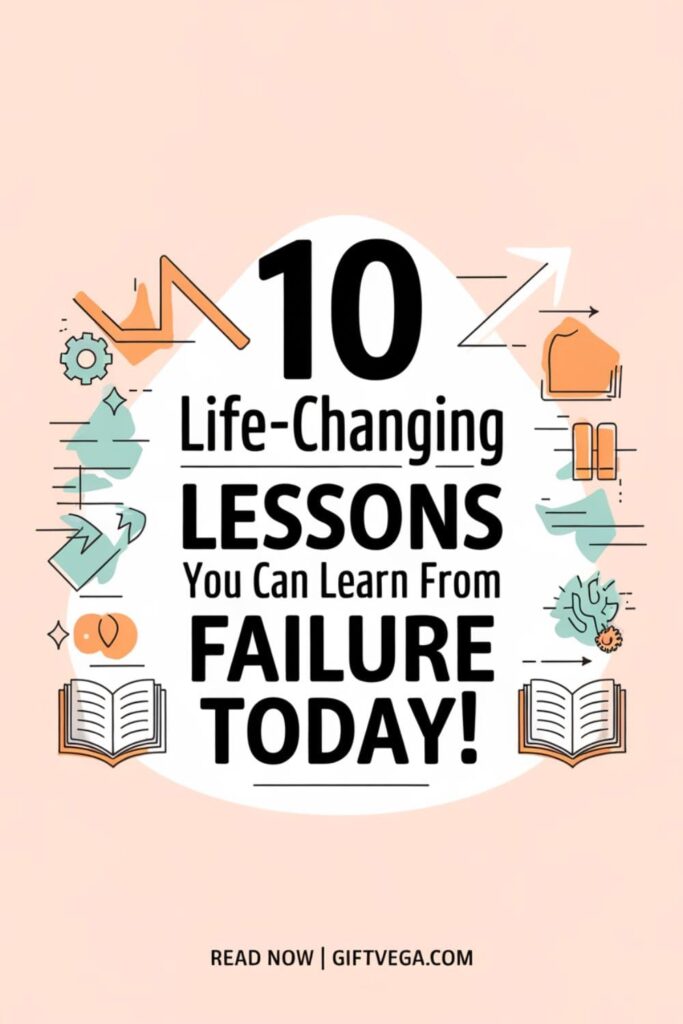
Lessons You Can Learn from Failure
1. Forward Movement Continues

Perhaps the most important lesson is that life continues moving forward regardless of our failures, I admit that failure can feel like the end of the world in the moment, but time inevitably marches on, bringing new opportunities and perspectives.
Understanding this helps us maintain hope and motivation during difficult periods, knowing that current setbacks don’t determine our ultimate destiny.
2. Small Failures Prevent Big Ones
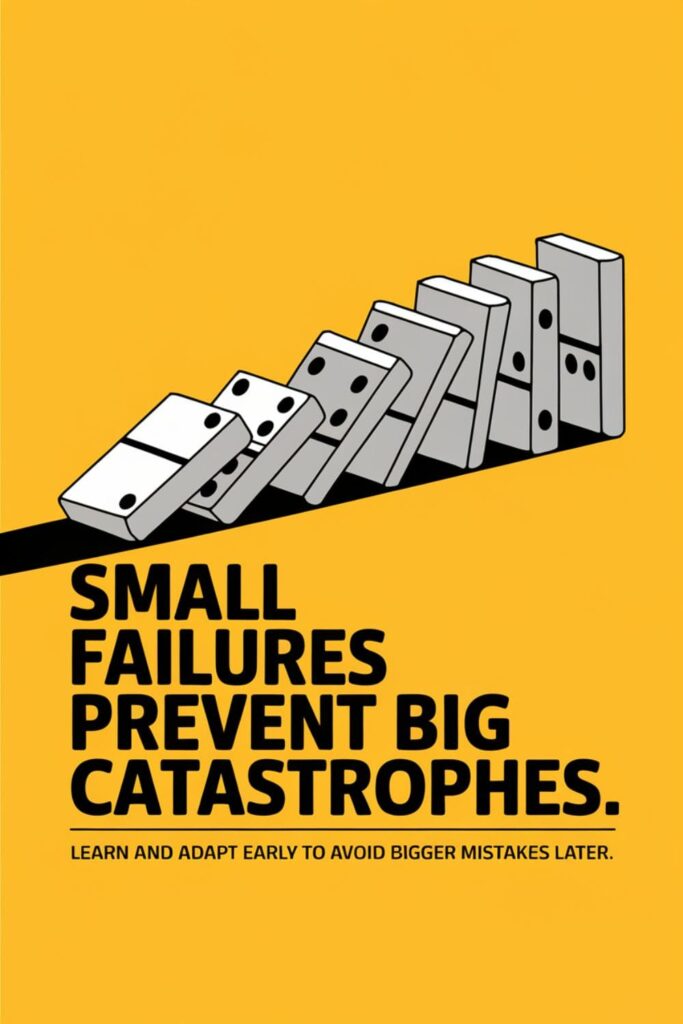
Regular exposure to small failures can inoculate us against catastrophic ones. This principle applies in everything from software development to personal growth.
Creating safe spaces to fail small and fail often helps build resilience while providing valuable feedback before the stakes become too high. This approach allows for more rapid learning and adaptation with lower overall risk.
3. Recovery Skills Are Learnable
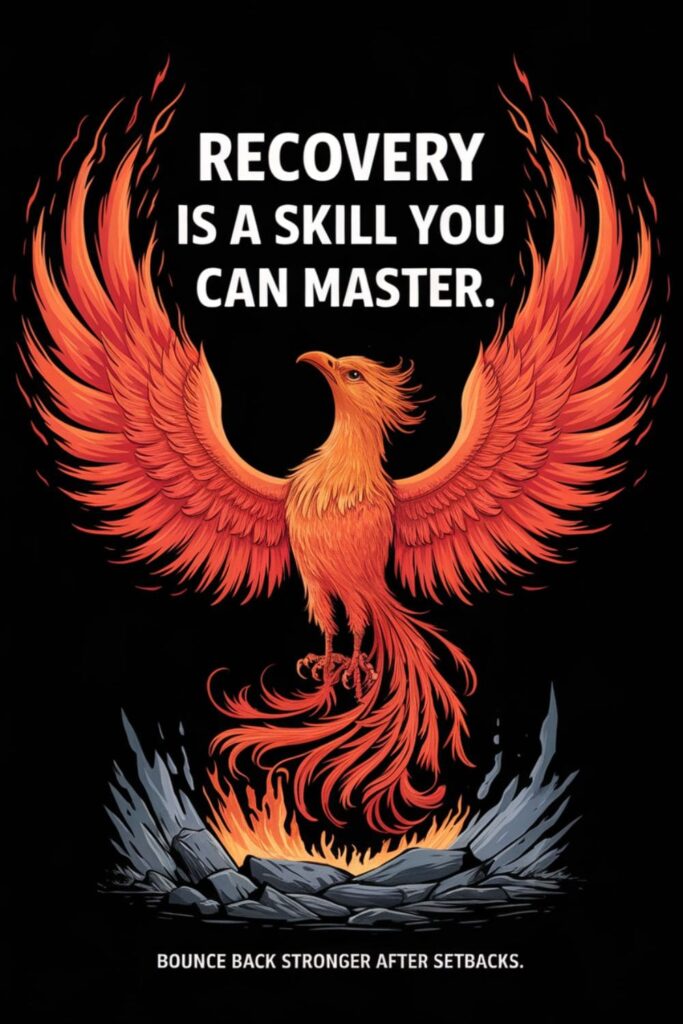
Bouncing back from failure isn’t just about natural resilience, but is a skill that we can develop and improve over time, and this includes practical strategies for managing stress and finding constructive ways to channel negative emotions.
Developing these recovery skills proves just as important as building the skills needed for success in our chosen field.
4. Failure Builds Empathy
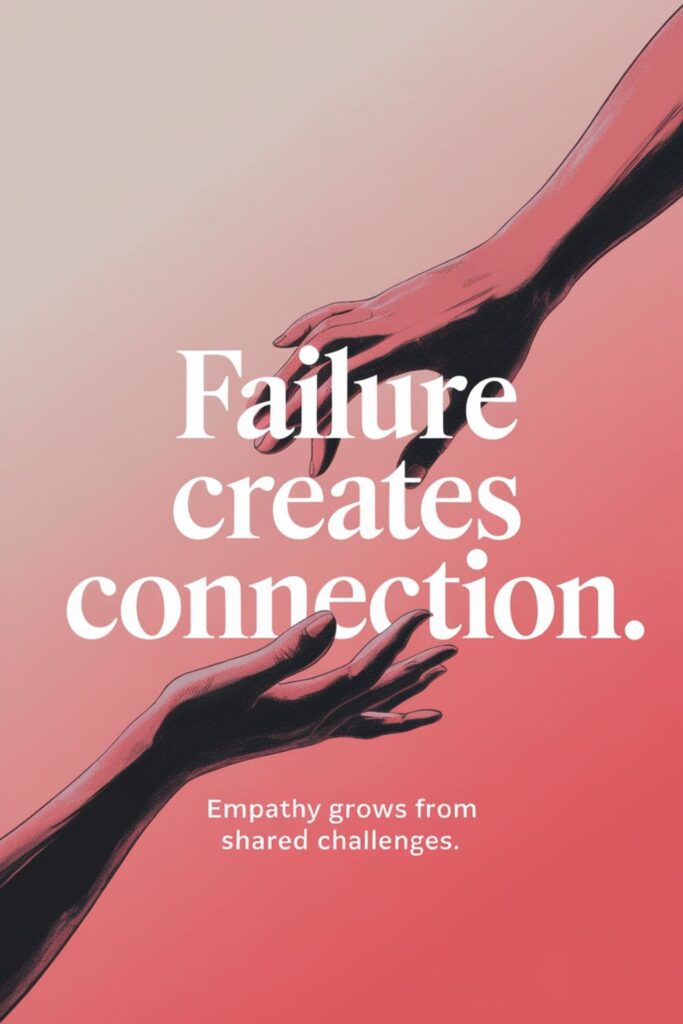
Experiencing failure helps us understand and connect with others going through similar challenges, this enhanced empathy makes us better leaders, colleagues, and mentors.
Many successful people become more effective coaches and supporters precisely because they’ve experienced and overcome significant failures themselves.
Their firsthand experience with setbacks allows them to provide authentic guidance and support to others.
5. Success Creates Vulnerability

Consistent success can make us very vulnerable and I mean it, but how? By reducing our tolerance for failure and risk. Some of the most spectacular failures occur when previously successful people or organizations become overconfident.
Knowing about this paradox helps us maintain the hungry, humble attitude that contributed to our initial successes, even after achieving significant accomplishments.
6. Documentation Accelerates Learning
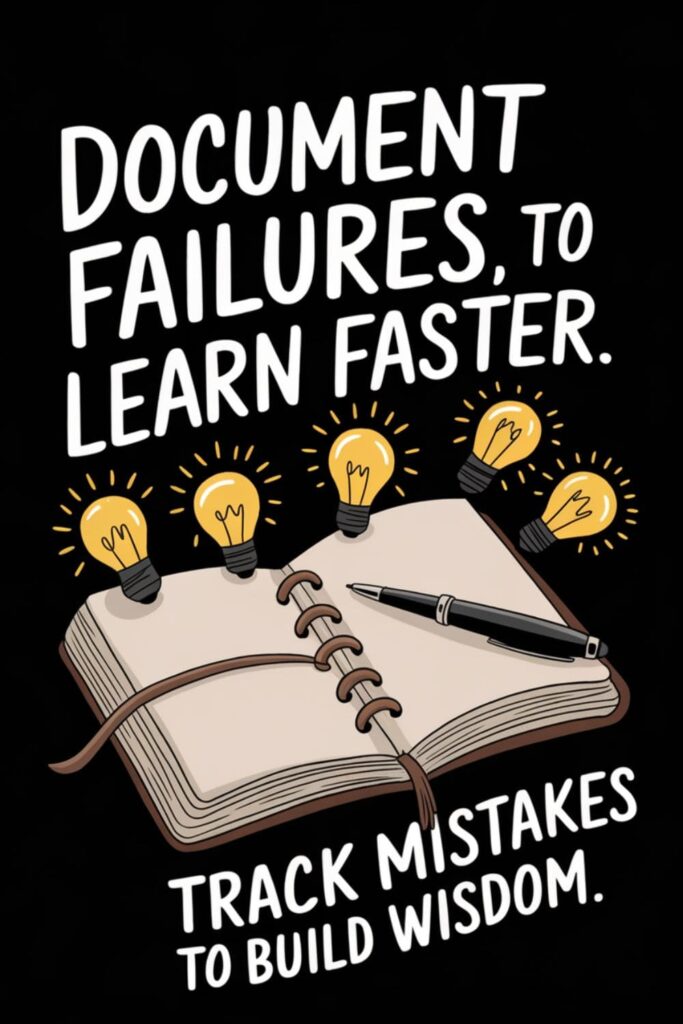
Recording our failures and the lessons learned from them creates a valuable personal knowledge base, this documentation helps us avoid repeating the same mistakes and identifies patterns that might not be apparent in the moment.
Many successful organizations maintain “failure logs” or post-mortems to capture these insights systematically, in my opinion, practice changes individual failures into organizational learning opportunities.
Related: 10 Powerful Ways Journaling Improves Mental Health!
7. Perspective Takes Time
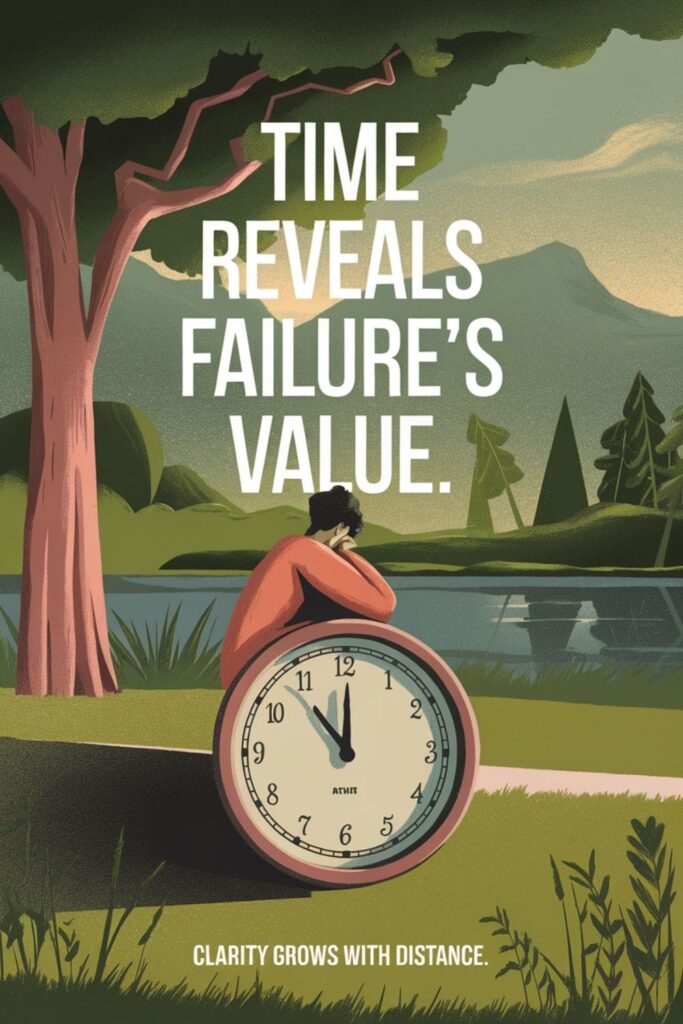
The true value of failure often becomes apparent only with time and some reflection. What feels like a catastrophic failure in the moment might later reveal itself as a crucial turning point, or learning opportunity, or even hidden growth.
This understanding helps us maintain perspective during difficult times and reminds us to reserve judgment about the ultimate meaning of our setbacks until we have sufficient distance to evaluate them objectively.
8. Preparation Reduces Fear
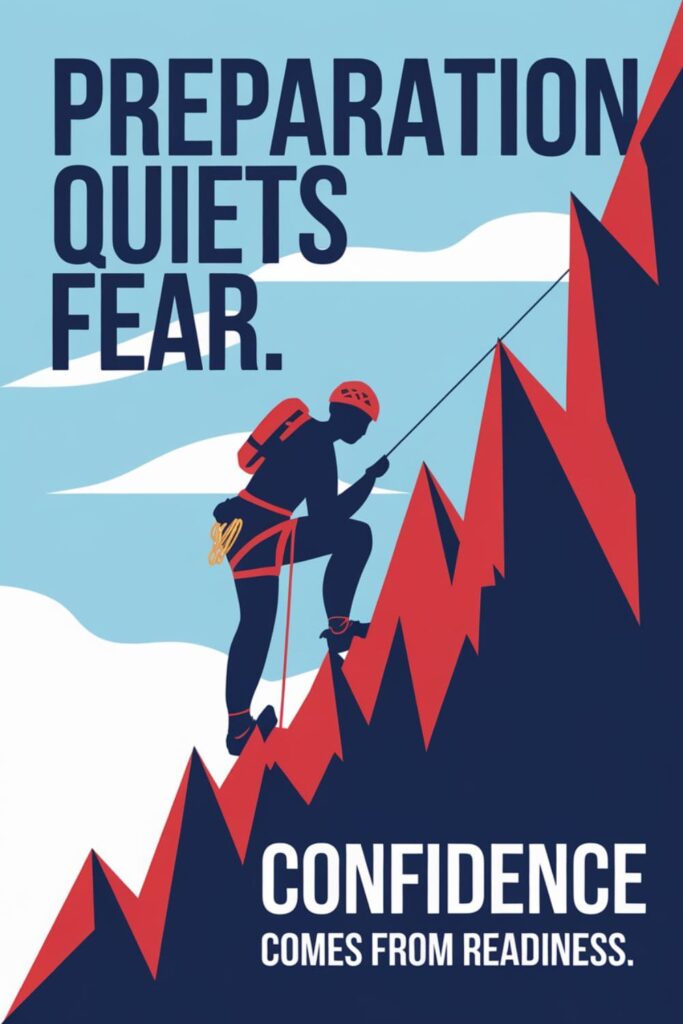
While over-preparation can lead to analysis paralysis, appropriate preparation helps us approach challenges with confidence, understanding that we’ve done our homework reduces the fear of failure and increases our likelihood of success.
The key lies in finding the right balance between preparation and action, using our fear of failure as motivation to prepare thoroughly without letting it prevent us from moving forward.
9. Self-Worth Transcends Outcomes

Learning to separate our sense of self-worth from our failures represents a very important life lesson. Many people internalize their failures, allowing setbacks to define their entire self-image.
Knowing that our value as individuals extends beyond our successes or failures helps have the emotional resilience necessary for long-term achievement.
10. Adaptation Is Critical

From my experience, I have seen that failure often reveals the need to adapt our approaches or even our goals. The most successful people and organizations demonstrate remarkable flexibility in adjusting their strategies based on failure feedback.
When faced with setbacks, they don’t stubbornly persist with proven ineffective methods but instead use the information to evolve their approach.
Related: 10 Tips to Develop a Growth Mindset
Conclusion
The journey through failure to success rarely follows a straight line, it follows more like a very long curve. These twenty lessons represent hard-won wisdom that can help navigate the inevitable challenges and setbacks we all face.
By using failure as a teacher rather than an enemy, we change our setbacks into stepping stones toward our goals.
Remember that every significant achievement in human history came after numerous failures, and your journey is no different. The key lies not in avoiding failure but in learning to fail forward, growing stronger and wiser with each setback.

Pingback: 10 Affirmations for Personal Growth You Should Use Daily!